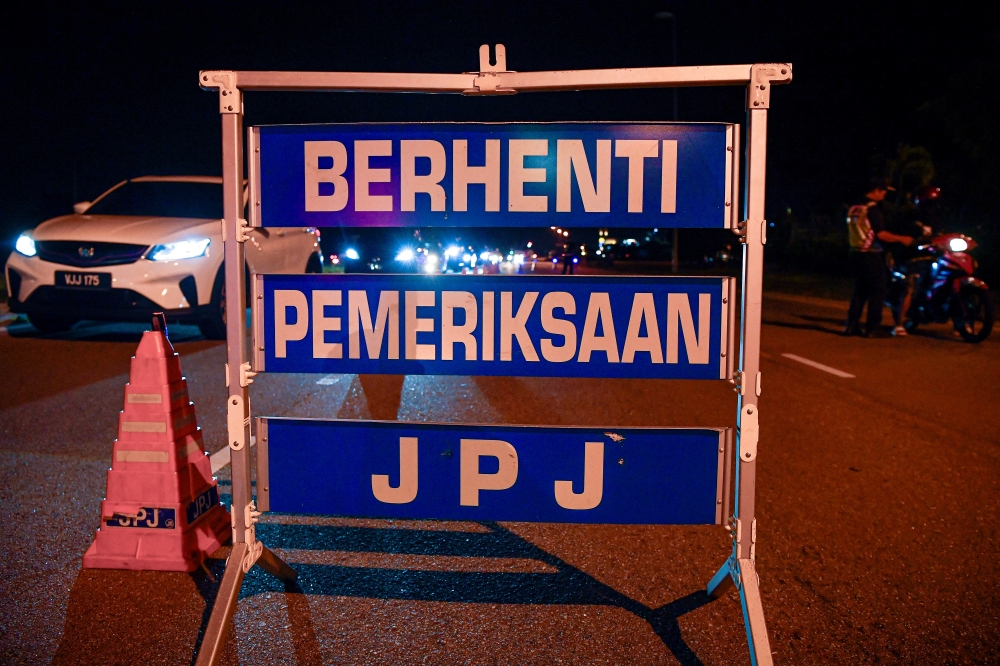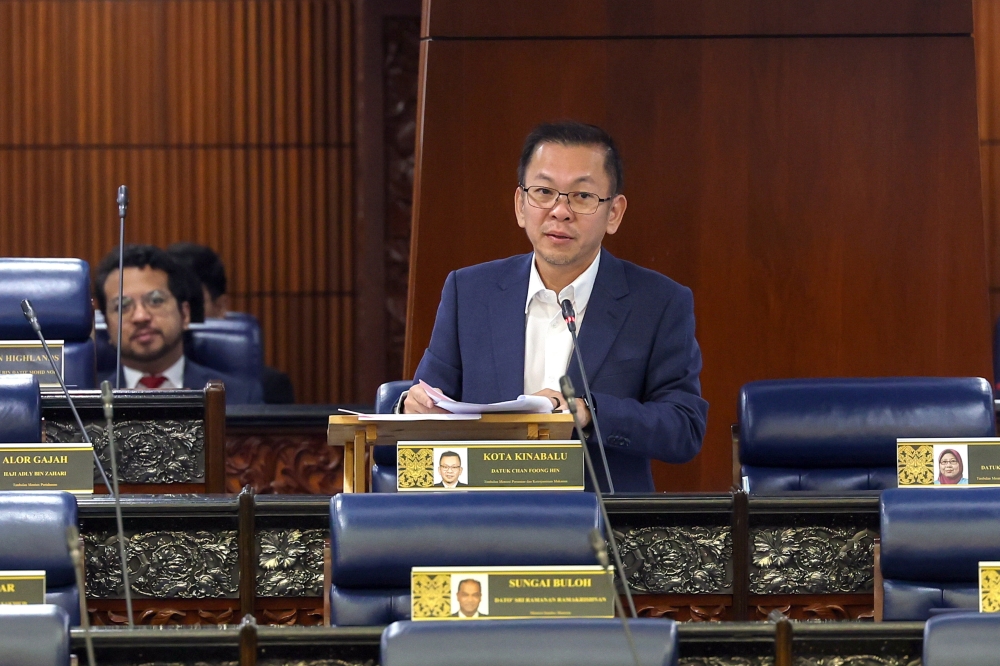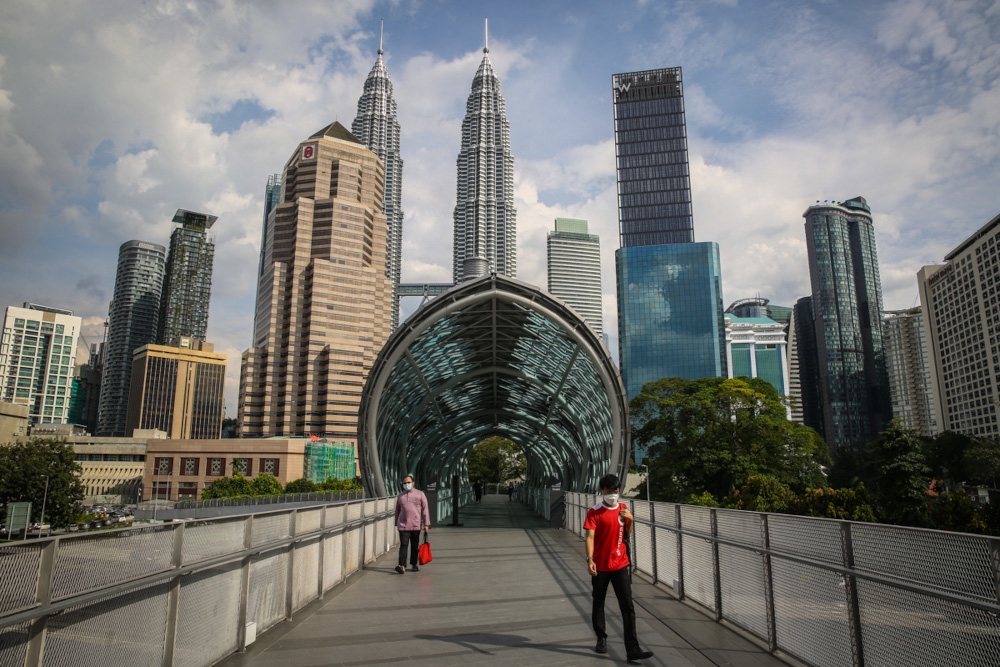DECEMBER 26 ― It's Christmas Eve as I pen my last column for the year. I am inspired by all things Jewish at the moment, since we Christians are after all, anticipating the birth of Christ, the “King of the Jews.”
He was born in Bethlehem and was presented as a child at the temple in Jerusalem, the city which bears his footprints, where he preached and healed and near where he was eventually crucified, and where Christians believe he rose from the dead.
But my inspiration to write this piece does not arise from the Yuletide season, but the fuss over the US’s acknowledgement of Jerusalem as the capital of Israel ― a city that is also sacred to Muslims and Jews.
As People of the Book, these three great faiths should focus on their commonality as examples of unity to the world, not the minute issues that differentiates each religion and have been a source of division for decades, if not centuries.
The Palestinians who view East Jerusalem as their rightful capital understandably were up in arms over US President Donald Trump’s decision to move the US embassy from Tel Aviv to Jerusalem, a move the rest of the world sees as provoking already high tensions in the region.
A protest against the move was held here in Putrajaya where the prime minister led a rally in solidarity with the Palestinians on Friday, denouncing the US's decision.
While it is understandable to stand in solidarity with fellow Muslims, which has always been the narrative in the Palestinian matter, one fails or conveniently omits to recognise that there are over 200,000 Christian Palestinians in the Holy Land, who themselves, it has been reported suffer dual discrimination: from the Zionist regime as well as other Palestinians as they are a minority.
Imagine being discriminated against within a discriminated group!
But I am not about to start another movement to champion Palestinian Christians. No, the reason for this seasonal banter is to request some clarity from our government on Malaysia’s ties with Israel.
You see, while there is supposedly zero bilateral ties between our countries, it occurs that when money talks, a different language is spoken.
Statistics available from the World Bank and the Organisation of Economic Complexity indicate that Israel imported US$583 million (RM2.38 billion) worth of goods from Malaysia in 2016. These included food products such as vegetables, plastic and rubber products as well as machinery and electrical items that provided the bulk of the Zionist state’s imports from Malaysia at 37.5 per cent.
While available data is limited since we do not have access to Israeli official websites and Malaysia’s official figures are mum about our trade dealings with Israel, Press reports indicate that these two strange bedfellows enjoyed a total trade between the two countries reaching US$1.529 billion in 2013 and US$800 million in 2015.
Last year, Malaysia imported US$1.4 billion worth of integrated circuits from Israel.
Meanwhile, a trip down memory lane recalls a report I co-authored in The Sun in 2010 that Israeli ships have been calling at Malaysian ports since 1996. Zim Lines, headquartered in Haifa, Israel, is one of the world’s largest shipping lines. It is responsible for bringing in some of Malaysia’s imports from the Middle East.
Zim Lines set up Gold Star Line in Hong Kong in 1958 to circumvent prohibitions placed by several Muslim countries, including Malaysia, which do not have diplomatic ties with Israel.
It cites Westport, Penang and Pasir Gudang as ports of call, and has agents in Port Klang, Penang, Kota Kinabalu, Kuching and Sibu.
A September 18 report on its website this year, boasts that it marked its three millionth container through the Da Chan Bay Terminal, with Port Klang prominently featured as a port of call.
The modus operandi is for the vessel to head towards Hong Kong, transfer the Malaysia-bound cargo to a Gold Star ship, which then proceeds to Malaysia. However, port executives have revealed that Zim vessels sporting the Star of David logo have sailed directly into our waters.
One is not against having such relationships. It is good to be pragmatic and perhaps trade is a good start to normalising ties with Israel and perhaps this can evolve into meaningful diplomatic conversations to end the Palestinian conflict, with Malaysia at the table to contribute to the peace talks.
We are supposed to be a beacon of unity and peaceful co-existence after all.
* Terence wishes his Christian readers a Merry Christmas and everyone a blessed New Year.
** This is the personal opinion of the columnist.






















